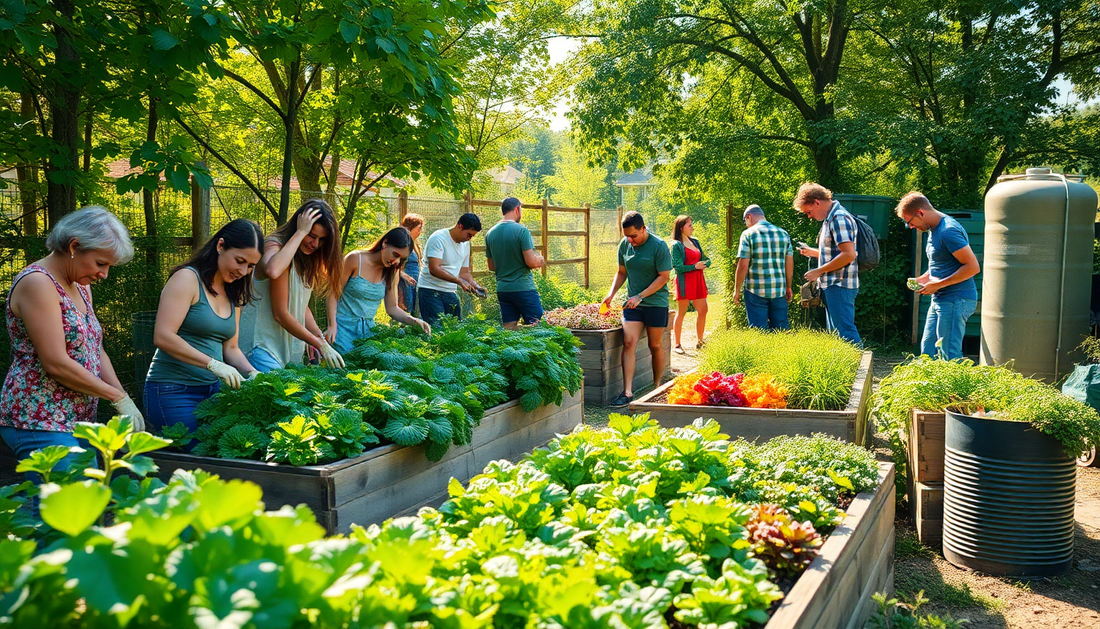
Sustainable Gardening Tips for a Greener Future
Share
At BloomHaven, we believe that sustainable gardening is the key to a healthier, more eco-friendly future. As a leading provider of eco-friendly plants and gardening supplies, we're passionate about empowering our community to adopt greener practices and create beautiful, sustainable outdoor spaces.
Choosing Eco-Friendly Plants
When it comes to sustainable gardening, the foundation starts with the plants you choose. Native species are often the best option, as they are naturally adapted to the local climate and require less water and maintenance. Drought-resistant plants are also a great choice, as they can thrive with minimal irrigation, reducing your water usage. Low-maintenance greenery, such as succulents and perennials, can add visual interest to your garden while requiring fewer resources.
Water Conservation Techniques
Water is a precious resource, and in sustainable gardening, it's crucial to use it wisely. Rainwater harvesting is an excellent way to capture and store water for your garden, reducing your reliance on municipal supplies. Efficient irrigation methods, such as drip systems or soaker hoses, can also help you deliver water directly to the roots, minimizing waste. Mulching your garden beds is another effective strategy, as it helps retain moisture and suppress weed growth.
Natural Pest Control
Sustainable gardening also means embracing natural pest control methods. Organic pest management, such as using beneficial insects or natural repellents, can help you maintain a healthy garden without relying on harsh chemicals. Companion planting, where you strategically place certain plants together to deter pests, is another effective technique. Attracting beneficial insects, like ladybugs and lacewings, can also help keep your garden in balance.
Composting and Soil Health
Healthy soil is the foundation of a thriving garden, and sustainable gardening practices can help you build and maintain it. Creating your own compost at home is a great way to recycle organic matter and provide your plants with nutrient-rich soil. Natural fertilization methods, such as using seaweed extracts or rock powders, can also help replenish the soil without the use of synthetic chemicals.
Sustainable Garden Design
When it comes to sustainable gardening, design is just as important as the plants themselves. Maximizing your available space, whether it's a small balcony or a large backyard, can help you create a lush, productive garden. Vertical gardening, where you grow plants upwards, is a great way to make the most of limited space. Promoting biodiversity by incorporating a variety of plants, flowers, and habitats can also help create a thriving, balanced ecosystem in your garden.
As you embark on your sustainable gardening journey, remember that every small step you take can make a big difference. By adopting these eco-friendly practices, you'll not only create a beautiful, low-maintenance garden, but you'll also be contributing to a greener, more sustainable future. At BloomHaven, we're here to support you every step of the way, so let's get started on your green-thumbed adventure today!
